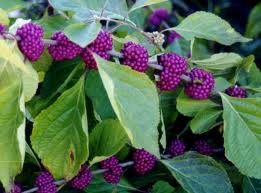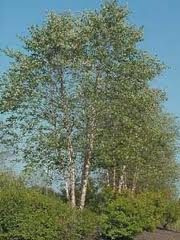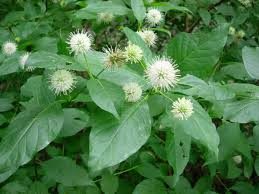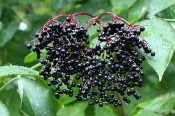Callicarpa americana, American beautyberry 4-12″ Wholesale Native Bare Root Shrubs
$2.00
Out of stock
Callicarpa americana, American beautyberry 4-12″ Wholesale Native Bare Root Shrubs
25 or more $2.00 each
50 or more $1.50 each
300 or more $1.20 each
For Shipping, Install and additional info please see “About Bare Root“.
Native bare root shrubs and trees are dug and shipped while dormant, late November to Mid April.
See all available Native Bare Root Shrubs
Order Minimum
There is a minimum order total of $150.00.
before tax (VA residents only) and shipping.
There are NO EXCEPTIONS.
Description
Callicarpa americana, American beautyberry 4-12″ Wholesale Native Bare Root Shrubs
Attractive berries:
Attractive Flowers:
Average-Dry soil:
Average to moist soil:
Average Wildlife Value:
Beneficial Insects:
Clay Soil – High clay content, fine texture:
Drought Tolerant:
Dry-Moist Soil:
FACU – Usually occur in non-wetlands, but may occur in wetlands:
Four Season Interest:
Full – Part Sun (6+ hours of sun):
Loamy Soil – mostly silt, sand, some clay:
Moist Soil:
Native to Coastal Regions:
Sandy soil, coarse texture:
Shrub:
Small Mammals:
Songbirds:
Threatened / Endangered:
Winter interest:
Full Sun:
Minimum purchase of 50 plants required.
Botanic Name (s): Callicarpa americana
Common Name(s): American beautyberry, French mulberry
Mature height: 6′
Mature spread: 6′
Flower Color / Bloom Time: White / July-August
Fruit: Purple berry / September-March
Fall Color: Yellow
Sun Exposure:
- Full Sun
- Part Sun
Soil moisture:
- Dry
- Average
- Moist
Soil Ph: 4.8-7
Soil Type:
- Clay Soil – High clay content, fine texture
- Loamy Soil – Mostly silt, sand, some clay
- Organic Soil – High level of decayed leaves, bark
- Sandy Soil – Coarse texture
Native Habitat: Found in woods, moist thickets, wet slopes, low rich bottomlands, and at the edges of swamps in the Piney Woods, Post Oak Woods, Blackland woodlands, and coastal woodlands. Moist woods; coastal plains; swamp edges, bottomlands
Notes: The seeds and berries are important foods for many species of birds, particularly the Northern Bobwhite.
Average Wildlife Value:
- Beneficial Insects
- Butterflies
- Songbirds
- Small Mammals
FACU – Usually occur in non-wetlands, but may occur in wetlands
Native to Coastal Regions
Threatened / Endangered: Maryland
Native Shrub
Related products
-

Betula nigra, River Birch 2-3ft Wholesale Native Bare Root Trees
$3.75 Add to cart -

Cephalanthus occidentalis Buttonbush 18″ Native Live Stakes For Erosion Control
$1.45 Add to cart -

About- Bare Root Orders & Plants Please Read!! (FAQ’s)
Read more -

Sambucus nigra, Common elderberry 18-24″ Wholesale Bare Root Native Shrubs
$8.00 Add to cart




